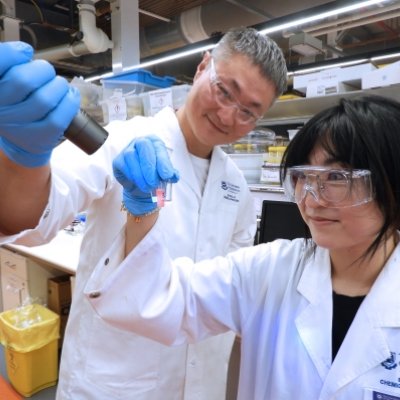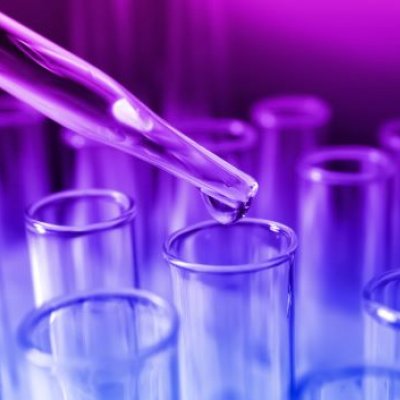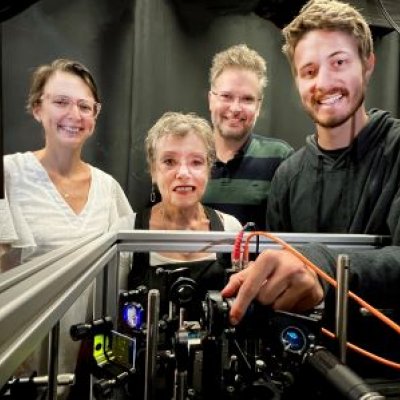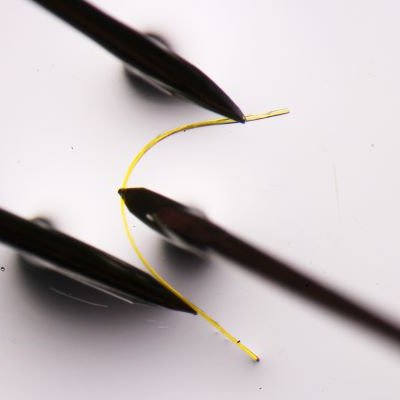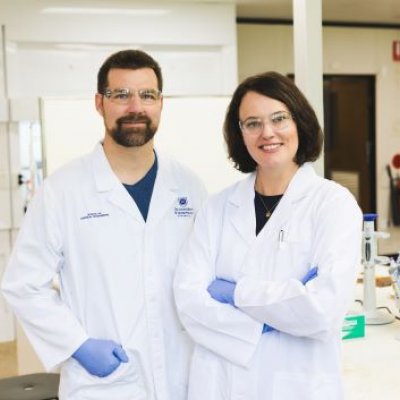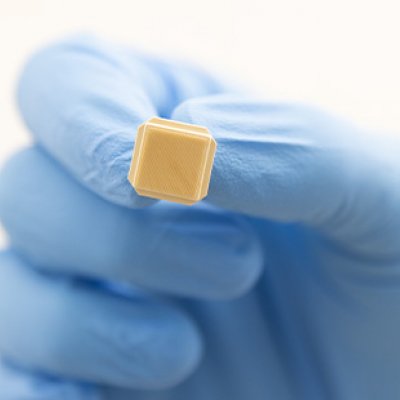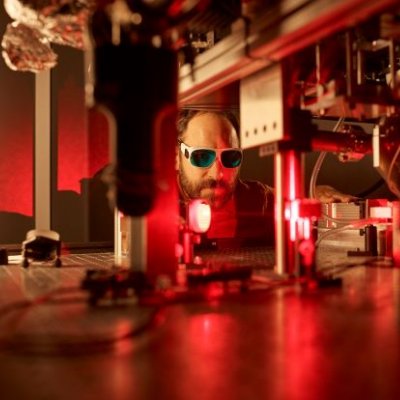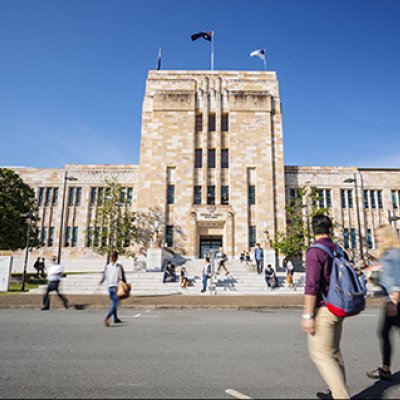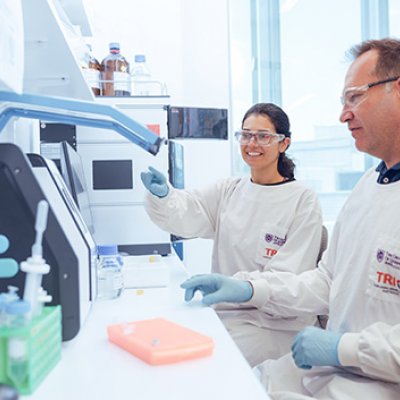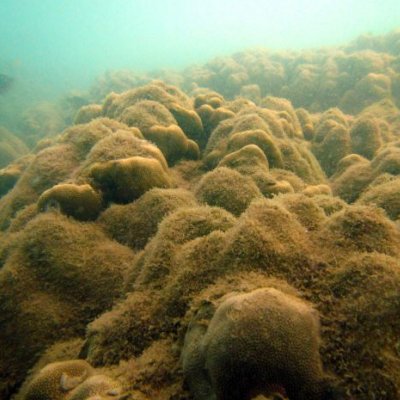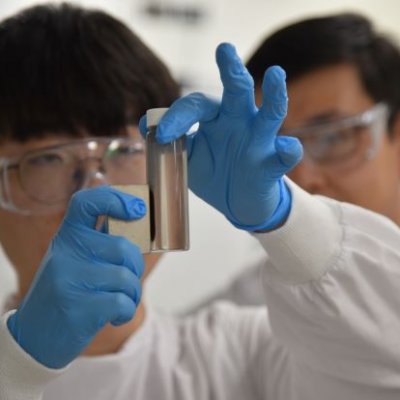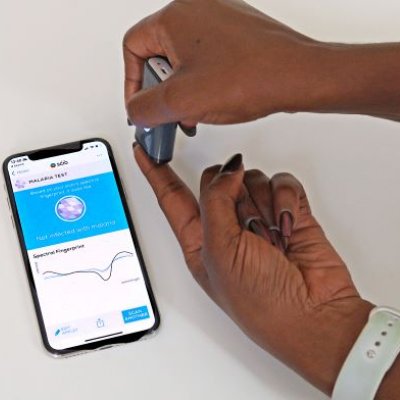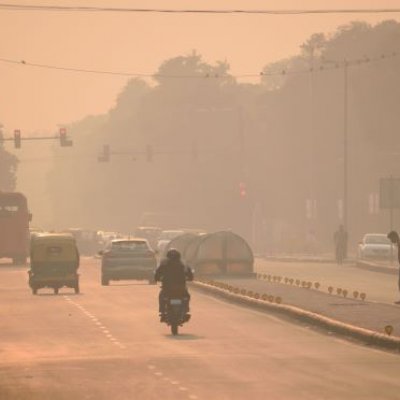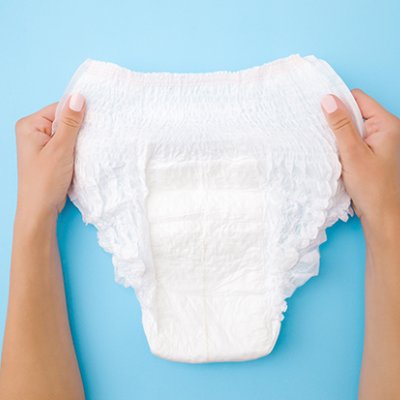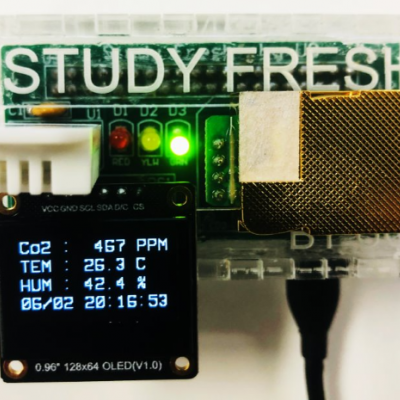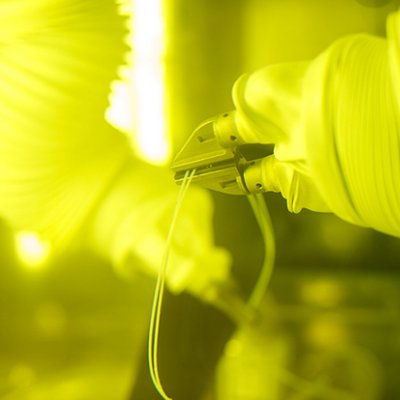Light conversion technology developed by UQ researchers will be used for wearable X-ray devices that make respiratory scans more comfortable for young children.
6 May 2025UQ researchers are attempting to create a vaccine in just 150 days to prove how far their response capabilities to a viral pandemic have come since COVID-19.
16 April 2025Researchers will soon be able to study biological changes at scales and speeds not previously possible to significantly expand knowledge in areas such as disease progression and drug delivery.
20 March 2025Australian scientists have gained new insights into the fundamental behaviour of flexible materials, allowing for the design of new building materials and technology.
24 February 2025Inaccessible supplies of an element crucial to powering a clean-energy future are set to be unlocked with technology developed by UQ.
17 February 2025UQ’s BASE facility and biotechnology company Vaxxas have been announced as stage winners of a prestigious global prize to accelerate a patch-based mRNA vaccine for COVID-19 and influenza.
14 January 2025The University of Queensland will be at the forefront of developing quantum technologies on a global stage, after securing more than $29 million through the Queensland Quantum and Advanced Technologies Strategy.
4 October 2024More than 4,750 students have received offers to study at The University of Queensland in the state’s major offer round taking the total number so far to more than 9,900 for Semester 1.
15 January 2024The commercial potential of University of Queensland research partnerships has been recognised by the Australian Economic Accelerator.
25 October 2023UQ researchers are developing a web-based management program capable of mapping ocean water pollution almost as it happens.
4 October 2023Understanding the mysterious force behind the expanding universe is a step closer with the first tranche of data released from the Dark Energy Spectroscopic Instrument (DESI).
14 June 2023A cost-effective invention aimed at preventing up to half of all firefighter deaths each year is being developed as part of a UQ entrepreneurship program.
21 February 2023Researchers at The University of Queensland have pioneered a simple, fast and effective technique to remove PFAS chemicals from water.
20 January 2023A fast, needle-free malaria detection tool developed by a University of Queensland-led team could help save hundreds of thousands of lives annually.
9 December 2022Microplastics are not just tiny particles that can be ingested, they can also carry viruses, a University of Queensland study has revealed.
2 November 2022A University of Queensland study has shed new light on a mysterious, unpredictable and potentially devastating kind of astrophysical event.
26 October 2022Research co-led by UQ has found sharing real-time air quality readings in developing countries can reduce air pollution and lead to lower mortality rates.
25 October 2022Joint research has found adult incontinence products are a far bigger waste problem than baby nappies, and with an ageing population, the situation will get worse in the next decade.
20 October 2022Ensuring school classrooms are well ventilated is key to reducing the risk of COVID-19 transmission and maintaining academic performance, research from The University of Queensland has revealed.
16 September 2022Radiopharmaceuticals are an emerging medical technology that deliver radiation therapy directly to cancer cells while sparing the rest of the body from the harsh effects of cancer treatment.
13 September 2022- 1 of 4
- next ›
